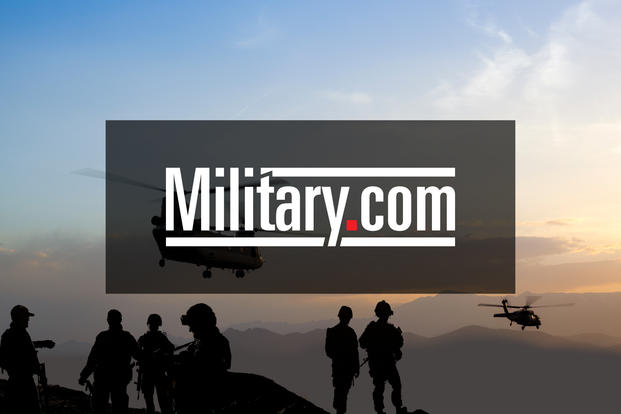French-made anti-tank weapons supplied to the Kurds and U.S. versions given to the Iraqi Security Forces have been blunting a main method of attack by the Islamic State, according to Kurdish and U.S. Central Command officials.
Kurdish Peshmerga forces used the MILAN (Missile d'Infanterie Leger Antichar, or light infantry anti-tank missile) to stop ISIS counter-attacks using vehicle-borne improvised explosive devices in the successful push to take the northwestern Iraqi town of Sinjar last week, according to the Kurdish Security Council and Western reporters traveling with the Kurds.
The MILANs were used to defend against at least 16 vehicle-borne IED suicide attacks by fighters of the Islamic State of Iraq and Syria, or ISIS, in the initial stages of Operation Free Sinjar, according to Kurdish commanders cited by Rudaw, the Kurdish news agency.
The U.S. has also been supplying hundreds of AT-4s -- a shoulder-fired, Swedish-made recoilless weapon -- to the ISF. The AT-4s have been appearing on Iraqi Security Forces frontlines in the long-stalled effort to retake Ramadi, the capital of Anbar province.
In addition, Syrian fighters backed by the U.S. have been using U.S. BGM-71 Tube-launched, Optically- tracked, Wire-guided, or TOW, anti-armor missiles supplied by the CIA against the armored columns of Syrian President Bashar al-Assad, according to Syrian activist groups.
The MILANs, portable medium-range, anti-tank weapons manufactured by Euromissile in Fontenay-aux-Roses, France, have become standard weapons for NATO allies and other countries. The system was initially developed for the French and German armies.
Germany began supplying the MILANs and other weapons directly to the Kurds last year to avoid the chokepoint that can develop by shipping arms through Baghdad. The Germans have also taken Kurdish officers back to Germany for training in the use of the MILANS.
Rudaw quoted Gen. Araz Abdulkadir, commander of the Kurdish 9th Brigade, as saying, "The MILANs are very important” in offensives in stopping ISIS suicide attacks with vehicle-borne IEDs. “They greatly improve the morale of the Peshmerga. The troops know it is a very clever weapon, which can stop any car bomb."
ISIS used the weapons to devastating effect in shattering Iraqi defenses in taking Ramadi last May in a major setback for the campaign to degrade and defeat the terrorist group. Iraqi forces fled the city, leaving behind much of their equipment.
Following the fall of Ramadi, a senior State department official, speaking on background, said that ISIS used a coordinated series of at least 30 suicide car and truck bombs to take out “entire city blocks” as the ISF fell back.
Since the capture of Ramadi, the U.S. has launched airstrikes specifically targeting sites where ISIS was believed to be manufacturing vehicle-borne IEDs.
In an August briefing to the Pentagon, Marine Brig. Gen. Kevin Killea said that airstrikes had destroyed a facility near the north-central Iraqi town of Makhmur where ISIS was making vehicle-borne IEDs.
"These strikes, conducted in coordination with the government of Iraq, will help reduce the ability of Daesh to utilize their weapon of choice – VBIEDs,” Killea said, using an Arabic term for ISIS.
In several briefings to the Pentagon from Baghdad, Army Col. Steve Warren, a spokesman for Centcom’s Combined Joint Task Force-Operation Inherent Resolve, has described the supply of AT-4s to the ISF and the training by U.S. troops of the Iraqi Security Forces in their use.
Warren said ISIS uses the vehicle-borne IEDs “almost like a guided missile” in the offense to break Iraqi Security Forces lines and allow advances.
--Richard Sisk can be reached at Richard.Sisk@military.com.





























